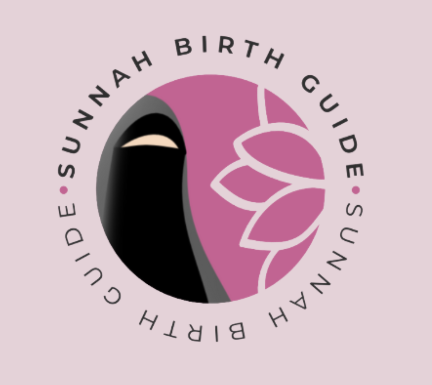What is a Birth Keeper?
To keep something is to protect it from distortion, to preserve its purity, and to stand as a witness to the truth of what Allah has created.
A Birthkeeper does not manage birth. She does not control it or claim ownership over it. She keeps the space in remembrance of Allah, upholding the sanctity of the process He designed.
Being a Birthkeeper means:
Guarding the Fitrah of birth from medicalization, fear, and intervention.
Preserving the wisdom of women’s bodies as Allah created them—complete, capable, and purposeful.
Keeping the trust (amānah) of supporting a woman through her journey with rifq (gentleness), sabr (patience), and tawakkul (reliance upon Allah).
Remembering that birth is not an event to be managed but an act of worship unfolding under the gaze of the Creator.
The word keeper also reminds us of stewardship. A Birthkeeper guards the sanctity of birth. She keeps alive what has been forgotten, birth as ‘ibādah, birth as dhikr.
A Birth Keeper is not a doctor, nurse, or licensed midwife. She is a woman who has chosen to guard the sanctity of birth in its most natural form; undisturbed, wholesome, traditional, and rooted in trust. My work is not about managing birth as a medical event, but about protecting the space, holding presence, and supporting the mother as birth unfolds according to the design of Allah.
Beyond the Medical Model
Today, when birth is often treated as a medical emergency rather than a normal, organic process, the role of the Birth Keeper stands in quiet contrast. I do not intervene, diagnose, or perform clinical procedures. She is not there to control birth but to protect and support it.
In this way, the Birth Keeper serves as a bridge, reminding us of how our foremothers birthed before industrialization and modern systems, and offering women today a way to reclaim birth as a natural, spiritual, and dignified experience.
A Role Rooted in Trust
The word keeper is intentional. A Birth Keeper is not someone who “delivers” a baby. She does not control outcomes, nor does she hold authority over the mother. She simply guards the space so that the mother may lean fully into tawakkul, reliance on Allah, and experience the unfolding of birth with patience, trust, and gratitude.
A Birth Keeper is not a replacement for medical care when complications arise, nor does she deny the existence of such care. But in the truest sense, she is a witness and guardian of birth as it was always meant to be: natural, dignified, and filled with remembrance of the One who creates life.
